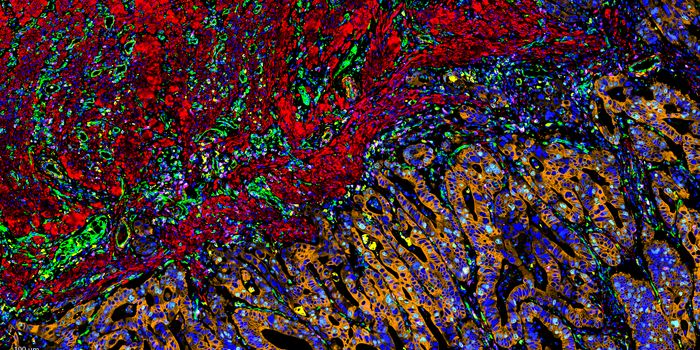Autophagy is a natural process that occurs in the body to remove defective proteins, potentially misfolded or aggregated, from the body to make remove for important, intact sources of energy. In search for a new treatment for tuberculosis that bypasses the growing problem of antibiotic resistance, researchers from Linkoping University are thinking of harnessing the power of autophagy, but there are still a few bumps in the road to resolve.
Tuberculosis (TB) is caused by a bacterium, making antibiotics the primary method of treating infections. However, like many other bacteria species,
Mycobacterium tuberculosis finds ways to evolve and become resistant to drugs that target its cellular processes. TB most often affects the lungs, but other parts of the body can be attacked as well. Symptoms of TB usually include a bad, persistent cough, chest pain, and coughing up blood and phlegm. Without treatment, TB is deadly.
Isoniazid and rifampicin are two common drugs used to treat TB, but many strains of
M. tuberculosis are quickly becoming resistant to these two antibiotics. As an alternative, second-line drugs like amikacin and kanamycin can be used to treat TB, unless the strain if extensively drug-resistant (XDR TB). The more resistant
M. tuberculosis bacteria become to existing antibiotics, the more toxic and harmful drugs that are effective will become. That is unless, the researchers from Linkoping University can learn to safely use autophagy as a way to kill TB bacteria.
The adapted form of autophagy, called stimulated autophagy, can be very dangerous, mainly when a TB patient also has HIV or when the TB infection is in its first stages where the amount of bacterial colonies is low. When used in these instances, stimulated autophagy actually leads to increased multiplication of bacterial colonies within host cells. When stimulated autophagy is approved to be used, it usually exists in the form of inhibiting a mammalian target of rapamycin complex-1 (mTORC1).
For now, finding the “sweet spot” of safe stimulated autophagy will work for patients with aggressive TB infections and those without HIV. However, to address the other two groups, scientists will have to pick apart what causes stimulated autophagy to worsen cases of tuberculosis in these patients. “If this is taken into consideration when new medicines are tested, setbacks could be prevented,” said Robert Blomgran, a research fellow in medicinal microbiology at Linkoping University.
This study was recently published in the journal
Nature Immunology.
Sources:
Linkoping University,
The Journal of Pathology,
Centers for Disease Control and Prevention,
National Institute of Allergy and Infectious Diseases,
Nature Communications









